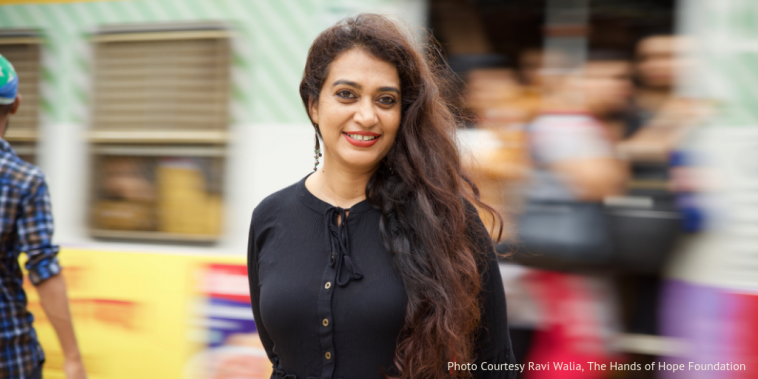Violence and FGM: my story

Today, when I choose address you, my purpose is very clear. I’m here to tell a story.
I was only ten when I was sexually abused by someone within my family. And as you can imagine, that experience changed the way I look at life. It changed the way I look at love, relationships, and also sexual intimacy.
There is a reason why I’m talking about this in a forum addressing women’s health. What sexual abuse does to a little girl is that at a very young age it snatches away her right to make a decision, to have control over a situation. And so when that girl becomes a woman, she has lost all agency over her body.
She is conditioned by her external environment into believing that she has no power over her body, her decisions or her thoughts. She is merely a by-product of the conditioning done to her, and is then forced to live within those parameters, never questioning wrong, or perhaps never choosing what is right.
And this is something that we are seeing not just for child sexual abuse, but also in the case of Female Genital Mutilation (FGM). It may come as a shock to many of you that female genital cutting is something that also happens in India. It happens in the community that I belong to, and it has affected me personally.
I have seen many, many girls from within my family suffer. They have gone through the trauma - and yet, today, whenever we talk about FGM it is done more in the context of Africa. We do not look at the Asian context, and trust me if we want to end FGM by 2030, which is what the United Nations has suggested under their Sustainable Development Goals, there is a crucial need to pay attention to the Asian context.
Because while we are focused on the African issue, we have many countries in Southeast Asia that are doing it to their children, to their girls.